Whether you are sitting in traffic or on your routine run along the Benjamin Franklin Parkway, you may notice the flags of foreign countries. The traditional of displaying international flags along the Benjamin Franklin Parkway began in 1976. The concept began as a way to celebrate the bicentennial. Philadelphia’s Deputy City Representative’s Office is responsible for the flags. Each Flag represents countries with a significant population in Philadelphia. 1918 was a year which experienced much turmoil regarding World War I, and social conflict. However, many countries would be born during this chaotic year. Azerbaijan, Estonia, Finland, Iceland, and Lithuania would be country’s that would established or gain independence in 1918.
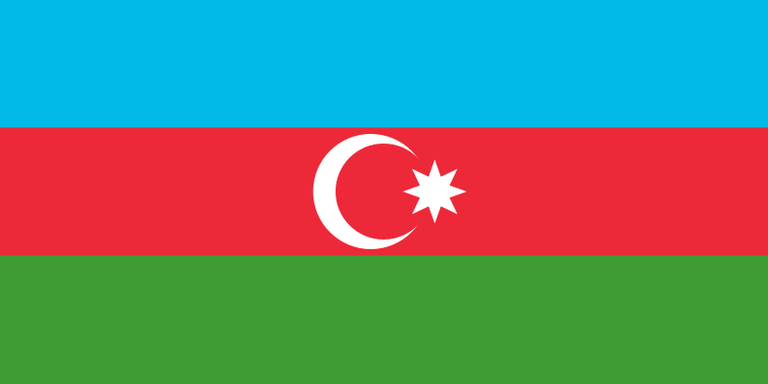
Azerbaijan
The official colors of Azerbaijan were adopted on November 9, 1918. The country would only hold its independence until 1920, however the country would regain its independence in the early 90’s. The blue represents the countries Turkic heritage, the red stands for progress, and the green represents Islam.
 Estonia
Estonia
The first flag of Estonia was adopted on November 21, 1918. Both Russia, and Germany occupied Estonia throughout the last hundred years. On August 7, 1990, the country would officially reestablish its independent. The blue represents the sky above their native land, and the black represents the attachment to the soil of their country, the white represents purity, and hard work.
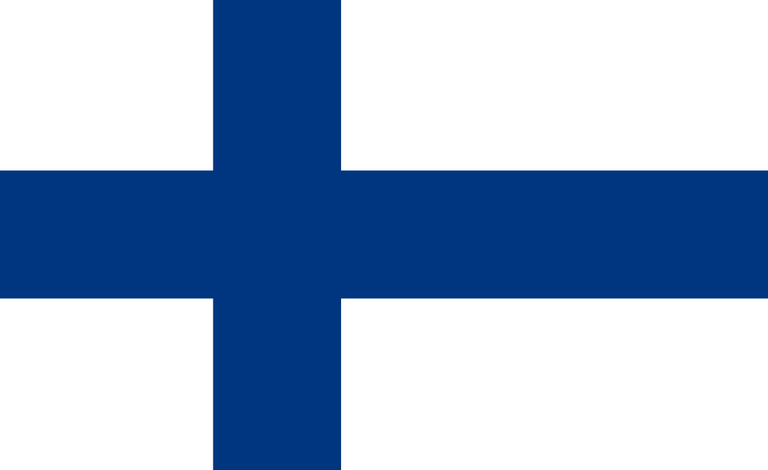 Finland
Finland
The Flag of Finland was adopted after its independence from Russia. The Blue Cross represents the Nordic Cross. The blue is believed to represent Finland’s many lakes and the sky. The white presents the snow which covers the country in the winter.
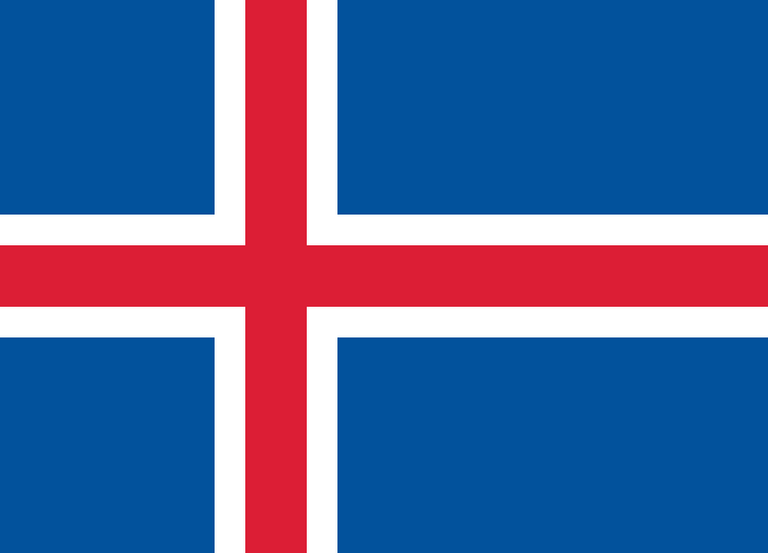 Iceland
Iceland
The Flag was unofficially the symbol of Iceland since 1913. However, on December 1, 1918, Iceland broke away from the other Scandinavian Countries to create its own country. The red cloth with the white cross comes from a legend about the Danish victory at the Battle of Valdemar in the 13th Century.
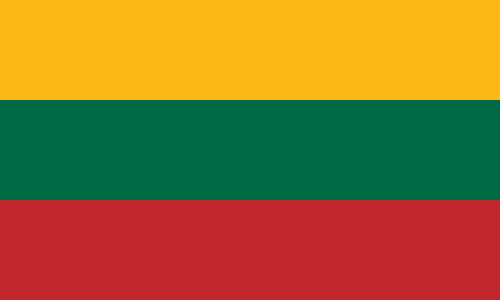
Lithuania
Lithuania used this flag from 1918 to 1940. The occupation by the Soviet Union, Germany, and then the Soviet Union again, would last until 1989. Lithuania would regain its independent in 1918 and pick the current flag as the modern representation of their country. While the colors don’t officially represent anything, these three colors are common in traditional dress of the country.
Sources:
https://www.britannica.com/place
http://www.parkwaymuseumsdistrictphiladelphia.org/About-the-Parkway/FAQs/25/
https://www.state.gov/misc/list/index.htm
All Flags Images from Wikipedia
100% of the SBD rewards from this #explore1918 post will support the Philadelphia History Initiative @phillyhistory. This crypto-experiment conducted by graduate courses at Temple University's Center for Public History and MLA Program, is exploring history and empowering education. Click here to learn more.
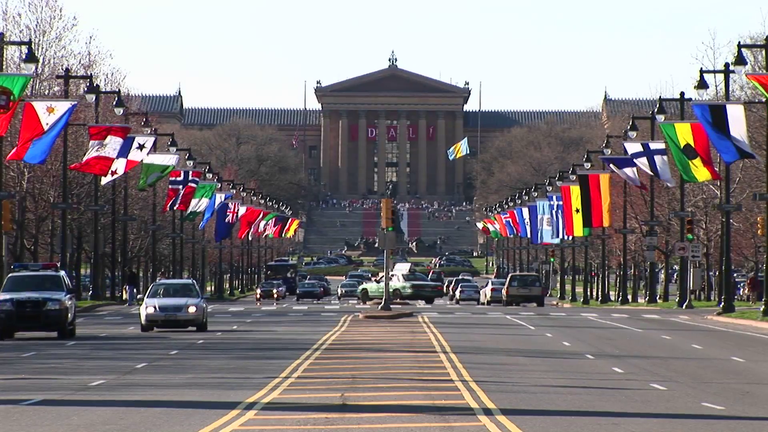
@resteemator is a new bot casting votes for its followers. Follow @resteemator and vote this comment to increase your chance to be voted in the future!